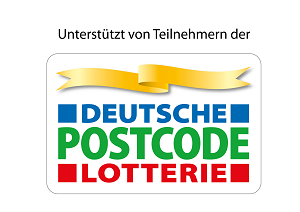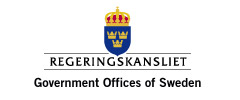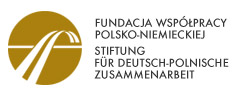WECF publishes analysis of CEDAW Reports on Georgia, Kyrgyzstan, Tajikistan and South Africa
The WECF report analyses the existing legislative barriers to gender equality which obstruct women’s empowerment and gender parity. The research is based on the reports each country submitted to the Committee of the Convention on the Elimination of all Forms of Discrimination Against Women (CEDAW).
18.04.2016 |

WECF ‘Women’s Rights in EWA Project’ is an analysis of CEDAW Reports and Recommendations with a focus on Georgia, Kyrgyzstan, Tajikistan and South Africa published in 2015. In these project countries women are often stigmatized because of their gender.
The legal and political systems should guarantee social and cultural freedoms, yet they are often ineffective and weak when it comes to the advancement of equal rights and equal liberties. Culture, stereotypes, and traditions still play a major role in the way violations of women’s fundamental rights are addressed.
Having this in mind, the WECF report analyses the existing legislative barriers to gender equality which obstruct women’s empowerment and gender parity. The research is based on the reports each country submitted to the Committee of the Convention on the Elimination of all Forms of Discrimination Against Women (CEDAW). The report mainly focuses on Article 14 of CEDAW, which states that all parties must address the particular needs of rural women, namely basic necessities such as access to services, training, employment opportunities, and social equity schemes. WECF analysis of the four EWA ("Empower Women – Benefit (for) All) project countries is based upon topic-focused issues according to the key project themes within the respective country, namely: water and sanitation, climate change, agriculture, farming of women and land rights.
The report also offers suggestions and remarks provided by relevant legislative bodies such as the Human Rights Council and the CEDAW Committee. In particular, the report demonstrates that gender inequality is dangerously widespread around the world, and obstructs women from enjoying the same rights of men even though the law often foresees equal rights. At the same time, women are pivotal contributors to peace and sustainability in every country. For these reasons, the WECF report calls for gender equality to truly become a global priority.
Click here to read the full report.
Related News
Meet the Winners of the Gender Just Climate Solutions Award at COP24
On the 70th anniversary of the Universal Declaration of Human Rights, we awarded Gender Just Climate Solutions Winners at the climate negotiations in Katowice, Poland
11.12.2018
#Ruralwomen: join our Women2030 campaign!
15.10.2018
Congratulations Sascha!
Named thirty-third most influential sustainability fighter in the Netherlands
08.10.2018
Calling for periods free from plastic & hazardous chemicals
Letter to Frédérique Ries, MEP, European Parliament on behalf of the #BreakFreeFromPlastics movement
04.09.2018






































